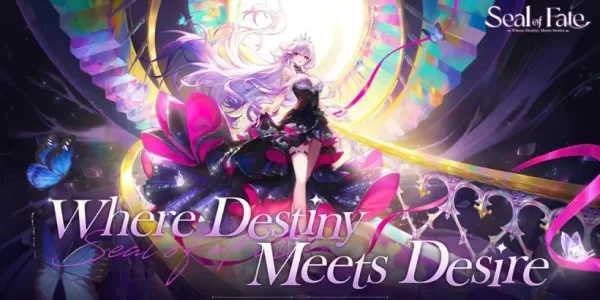The topic of turn-based games versus action-oriented systems has been a constant in role-playing game (RPG) discussions, and the release of Clair Obscur: Expedition 33 has reignited this debate. This new RPG, which launched to widespread acclaim last week, proudly showcases its roots in classic turn-based gameplay, drawing inspiration from iconic titles such as Final Fantasy VIII, IX, and X. In an interview with RPGsite, producer Francois Meurisse emphasized that Clair Obscur was designed as a turn-based game from the outset, blending traditional mechanics with action elements inspired by games like Sekiro: Shadows Die Twice and Mario & Luigi. This hybrid system allows players to strategize during turns and engage in dynamic action sequences, creating a unique gameplay experience that has sparked significant conversation.
The success of Clair Obscur: Expedition 33 has fueled discussions on social media, with many citing it as evidence against the shift away from turn-based mechanics, particularly in the context of the Final Fantasy series. Naoki Yoshida, during the media tour for Final Fantasy XVI, explained the move towards action-based gameplay, citing a growing preference among younger audiences for more interactive experiences. He acknowledged the appeal of command-based RPGs but highlighted the increasing demand for action-oriented mechanics. This shift is evident in recent Final Fantasy titles such as XV, XVI, and the VII remake series, which have embraced more action-driven systems, each with their own set of fans and critics.
However, the narrative around turn-based games is more nuanced than a simple call for Final Fantasy to revert to its roots. Square Enix continues to support turn-based RPGs, as seen in successful titles like Octopath Traveler 2 and upcoming releases such as SaGa Emerald Beyond and the Bravely Default remaster. While the mainline Final Fantasy series may have moved towards action, the publisher has not abandoned turn-based gameplay entirely.
The suggestion that Final Fantasy should mimic Clair Obscur: Expedition 33 is met with skepticism. Each series has its unique aesthetic and identity, and reducing Clair Obscur to a mere imitation of Final Fantasy overlooks its originality and the innovative elements it brings to the genre. The debate over which direction the series should take has historical parallels, such as discussions around Lost Odyssey and comparisons between Final Fantasy VI and VII.
Sales considerations also play a role in these decisions. Yoshida mentioned that while he appreciates command-based RPGs, the expected sales and impact of Final Fantasy XVI influenced its direction. Meanwhile, Clair Obscur: Expedition 33 achieved a remarkable 1 million sales in just three days, a strong indicator of success for a new title, though expectations for Final Fantasy are typically much higher.
The notion that turn-based games struggle to achieve success is challenged by recent hits like Baldur's Gate 3 and Metaphor: ReFantazio. These games, which embrace classic RPG elements, have garnered both critical acclaim and financial success, suggesting that well-executed turn-based games can indeed thrive.
Ultimately, Clair Obscur: Expedition 33's success is a testament to the team's vision and execution. It represents a return to mid-budget RPGs with a clear focus and scope, similar to titles like Visions of Mana or Ruined King. Whether it will reach the heights of games like Baldur's Gate 3 or Disco Elysium remains to be seen, but its initial reception is promising.
As for Final Fantasy, the series' recent performance and the broader gaming industry's shifts suggest that any radical change may not be necessary. The key takeaway is the importance of authenticity and originality in game development. As Larian CEO Swen Vincke stated, success comes from creating a game that excites the development team, rather than trying to fit into existing trends or debates. This approach not only fosters innovation but also resonates with players, as demonstrated by the success of Clair Obscur: Expedition 33.








